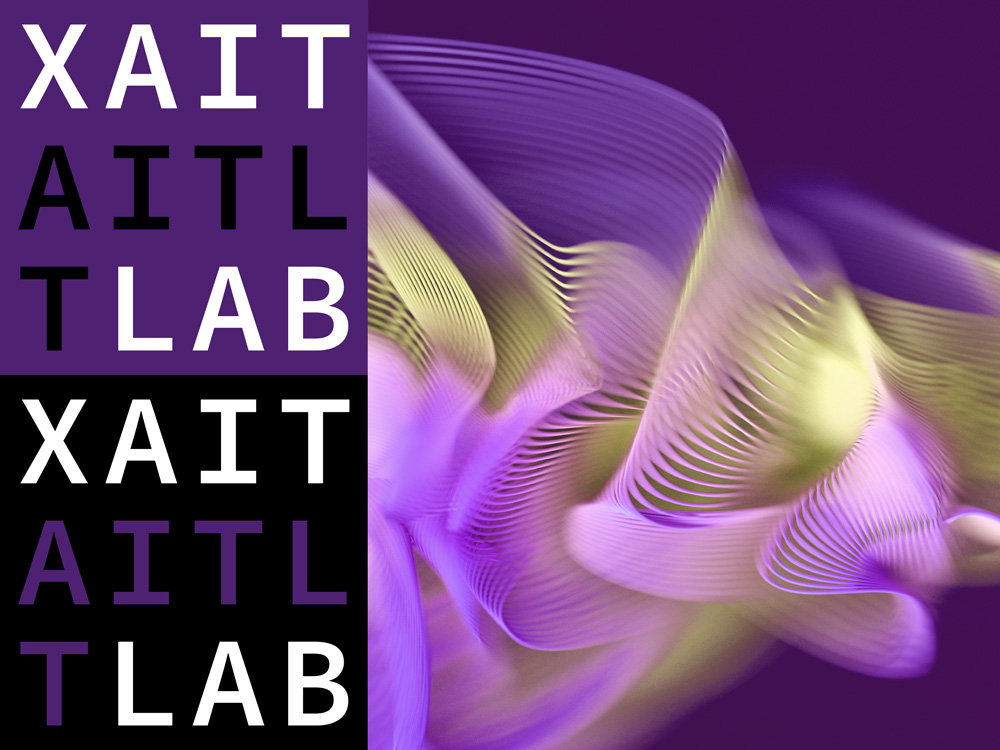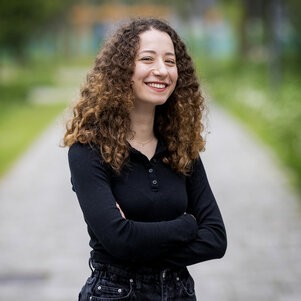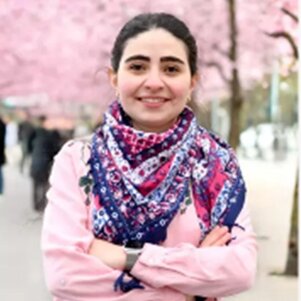XAIT Lab
eXplainable AI Twins for Resilient Cities
Digital twins (digital replicas of cities) are a key innovation in shaping the future of mobility – in the face of growing challenges such as major disruptions from climate change, pollution and equity. Such twins, coupled with AI, are crucial in providing support to mobility system decision-makers. The ‘black box’ nature of competitive AI approaches, however, hinders adoption since AI recommendations are not transparent.
The XAIT Lab develops novel approaches that focus on the explainable aspect of AI for mobility. We incorporate explainability into three core modules within mobility decision support systems: state estimation, prediction and optimization. This means integrating multimodal data, contextual information and novel AI techniques into a single holistic digital twin platform. The result is augmented digital twinning methodologies with explainable AI techniques, creating a new class of AI twins for cities. Such approaches provide tangible and concrete decision support that helps resilient cities to tackle urban problems such as evacuation, energy, long-term planning and infrastructure operations.
The XAIT Lab is part of the TU Delft AI Labs programme.
Education
Courses
2024/2025
- Fundamentals of AI Programme | IFEEMCS520100
- Modelling, Uncertainty and Data for Engineers | CEGM1000
- Data Science & AI Engineers | CEGM2003
- Advanced Data Science for Traffic and Transportation | CIEM6302
- Algorithms for NP-Hard problems | CSE3300
- Algorithms for Intelligence Decision making | CS4210-A
2023/2024
- Fundamentals of AI Programme | IFEEMCS520100
- Modelling, Uncertainty and Data for Engineers | CEGM1000
- Data Science & AI Engineers | CEGM2003
- Advanced Data Science for Traffic and Transportation | CIEM6302
- Algorithms for NP-Hard problems | CSE3300
- Algorithms for Intelligence Decision making | CS4210-A
2022/2023
- Fundamentals of AI Programme | IFEEMCS520100
- Modelling, Uncertainty and Data for Engineers | CEGM1000
- Data Science & AI Engineers | CEGM2003
- Advanced Data Science for Traffic and Transportation | CIEM6302
- Algorithms for NP-Hard problems | CSE3300
- Algorithms for Intelligence Decision making | CS4210-A
2021/2022
- Algorithms for NP-Hard problems | CSE3300
- Algorithms for Intelligence Decision making | CS4210-A
2020/2021
- Algorithms for NP-Hard problems | CSE3300
- Algorithms for Intelligence Decision making | CS4210-A
2019/2020
-
Algorithms for Intelligence Decision making | CS4210-A
Master projects
Ongoing
- Detection Algorithm of Expressway Spillages Based on Deep Learning, Mahsa Movaghar, Yuan Tianyi (BJTU) (2023/2024)
- Simulation and Optimization of Pedestrian Evacuation at Subway Stations under the Combined Risks of Flooding and Epidemic, Weiming Mai, (BJTU) (2023/2024)
- Constrained Shortest Path, Konstantin Sidorov, Andrei Ioni?? (2023/2024)
- Cooperative multi-agent path finding, Elif Arslan, Group project (2023/2024)
- Column generation for the general employee scheduling problem, Elif Arslan, Robin Jansen (2023/2024)
Finished
- Railway Accident Duration Prediction Method Based on Deep Learning, Mahsa Movaghar, Junpeng Li (BJTU) (2022/2023)
- Freeway Foreign Object Recognition based on YOLOv5, Weiming Mai, (BJTU) (2022/2023)
- Advancing constraint shortest path solving, Konstantin Sidorov, Group project (2022/2023)
- Incorporating domain knowledge into SAT for scheduling problems, Konstantin Sidorov, Group project (2022/2023)
- Dial-a-ride predictions, Elif Arslan, Group project (2022/2023)
- Parking Space Allocation Strategy Optimization during Planned Special Events, Elif Arslan, Yunyun Wang (2022/2023)









